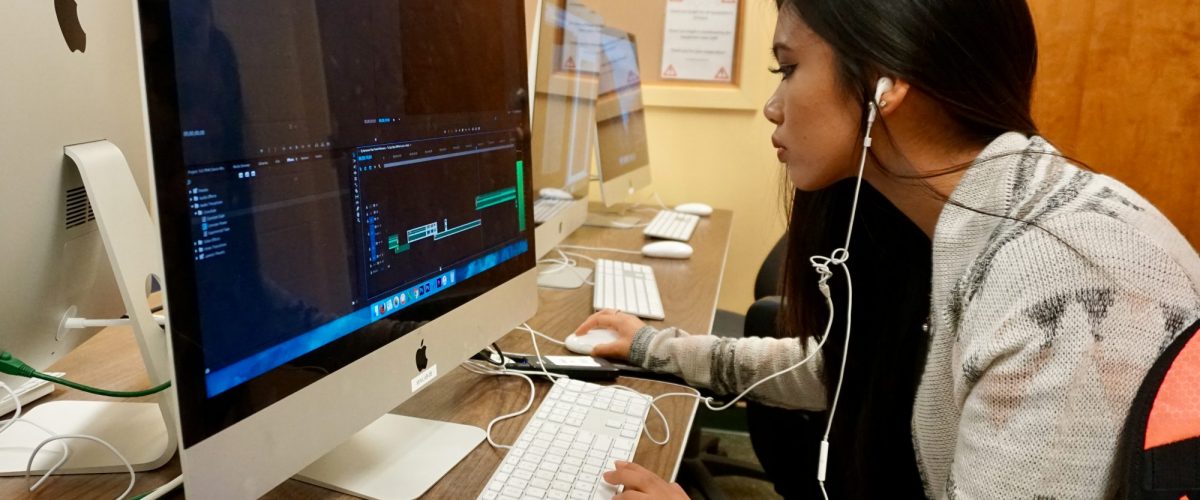
Journalism and Media Communication
Colorado State University in Fort Collins, United States
Overview
M.S. Program
Take your experience and credentials to the next level by joining our diverse community of scholars, media creators, journalists, and professional communicators in the M.S. program. Advance your understanding of evidence- and theory-based approaches to communication fields via coursework, collaboration with exceptional faculty and peers, and an academic or applied, scholarly project.
Program Overview
Our Master of Science in Journalism and Media Communication welcomes a small cohort every year so we can help our students thrive as scholars and as people. Students make lasting connections in our classes, graduate office spaces, and with the Fort Collins community. Our students develop their own research projects and professional experiences through small class sizes and experiential learning. Graduate students can receive funding for tuition, insurance, and a salary stipend through teaching and research assistantships.
The M.S. in Journalism and Media Communication is for students interested in understanding media and communication theories, research, and best practices to apply to their existing or future careers. Additionally, our community of faculty and graduate students will help you expand your network, experiences, and connect you to new and exciting opportunities during your studies and after you graduate. As both a theoretical and applied scholarly program, you will can develop expertise in any of the following areas:
- Science Communication: Examines theories, processes, audiences, and methods to enhance the communication of science in areas of health, environment, agriculture, and more. See our Center for Science Communication.
- Strategic Communication: Focuses on strategies and issues in the disciplines of advertising and public relations. Includes audience research, persuasion, crisis communication, and public diplomacy.
- Storytelling, Media, and Democracy: Focuses on journalism practices, storytelling, storylistening, and media behaviors, attitudes, and ownership structure.
- Digital Culture and Identities: Examines the production of personal identities and cultural movements in digital spaces. Research includes performance and performativity theories, immersive technologies, game studies, technocultural discourse, digital narrative analysis, and persona studies.
- Academia: Preparation for higher-level academic work, such as obtaining a doctorate, and teaching and conducting research at the college level.
Course of Study
The residential M.S. requires 30 credits of coursework with options for either a thesis (Plan A) or research project (Plan B). Students are best served if they commit to one of the options no later than mid-term of their second semester of full-time study.
The program typically takes full-time students at least two years to complete. Part-time students take longer and arrange school schedules to accommodate other responsibilities. A suggested timeline for completion is available in the M.S. Student Manual.

Similar Programmes

25420 $ / years
Bachelors / 48 months
Earliest Intake
February 2025
Deadline
March 2025
Gross Tuition
25420 $
Application Fee
90 $

24520 $ / years
Bachelors / 48 months
Earliest Intake
May 2025
Deadline
June 2025
Gross Tuition
24520 $
Application Fee
90 $

16380 $ / years
Masters Degree / 24 months
Earliest Intake
February 2025
Deadline
March 2025
Gross Tuition
16380 $
Application Fee
90 $

18000 £ / years
Bachelors / 48 months
Earliest Intake
December 2024
Deadline
January 2025
Gross Tuition
18000 £

24520 $ / years
Bachelors / 48 months
Earliest Intake
May 2025
Deadline
June 2025
Gross Tuition
24520 $
Application Fee
400 $
